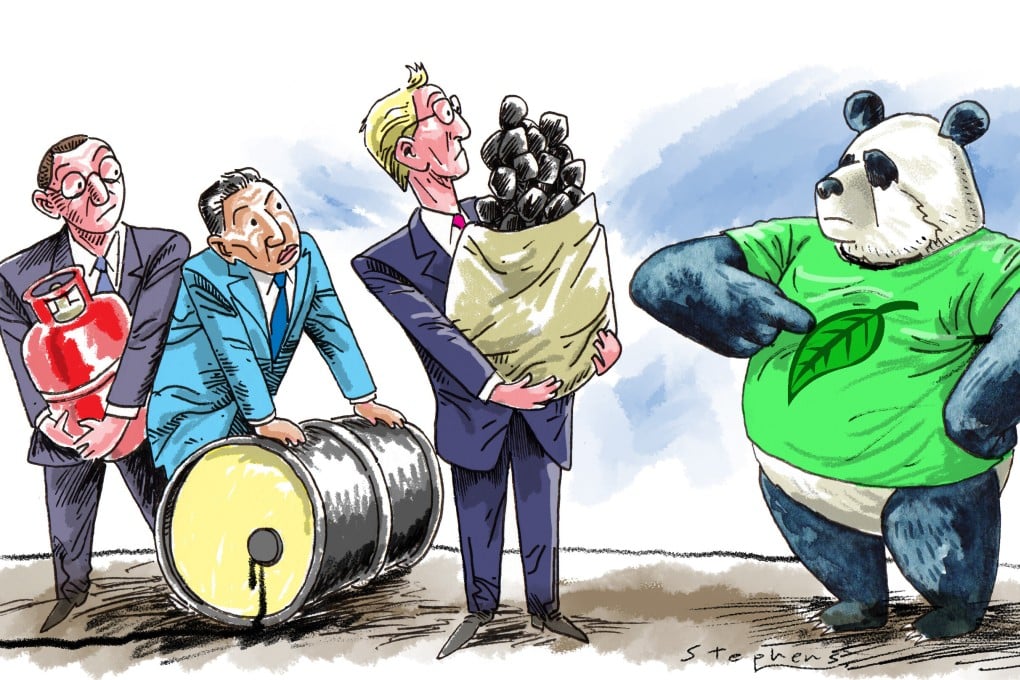Opinion | As China moves towards net zero emissions, is the world ready for the economic impact?
- Fossil fuel markets worldwide could start to feel the impact of China’s net zero commitment in the next few years
- Whether countries stand to reap benefits from a zero-carbon China, however, depends on their export profile and their readiness to decarbonise domestically

A study I conducted of how China’s decarbonisation will redefine trade, investment and external relations, recently published in the Torino World Affairs Institute’s report “Drivers of Global Change”, indicates that fossil fuel markets worldwide could start to feel the impact of China’s net zero commitment in the next few years.
Oil, gas and other fossil fuel markets could suffer a similar impact. In 2019, 14.5 per cent of the world’s oil consumption originated in China. Oil accounted for 19.7 per cent of China’s energy consumption, of which 66.2 per cent was imported. In the same year, China was the world’s top importer of crude and refined oil, with a share of 13.5 per cent of imports. As oil and gas consumption in China is likely to plateau in the next decade before it begins to drop sharply, the impact on world markets will be longer-term, though.
China’s carbon neutrality goal could also accelerate the world’s energy transition. In 2019, 12.5 per cent of the world’s nuclear energy consumption originated in China, with nuclear energy accounting for 2.2 per cent of China’s energy mix. China was also the world’s third largest importer of non-irradiated fuel elements for nuclear reactors, with a share of 9.86 per cent, after Ukraine and France.

